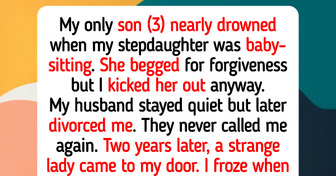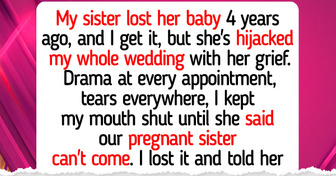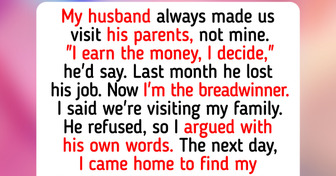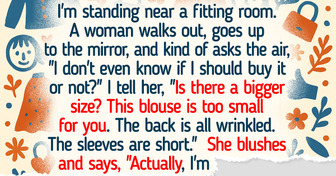Internet Users Shared the “Harmless” Actions of Parents That Can Ruin Their Child’s Life
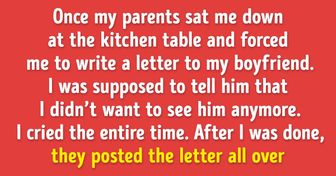

Becoming a parent also means learning a lot of new things about the world to make sure your kid gets the best quality of life. So it’s crucial that you know that the first 3 years of your child’s life form over 80% of their brain. During this process, everything counts — the baby’s brain gets built by every meal, display of affection, and game.
Bright Side prepared some parenting tips for you that can help you make sure your child gets the best start in life. Our points are organized in chronological order of the first few months of a baby’s life.
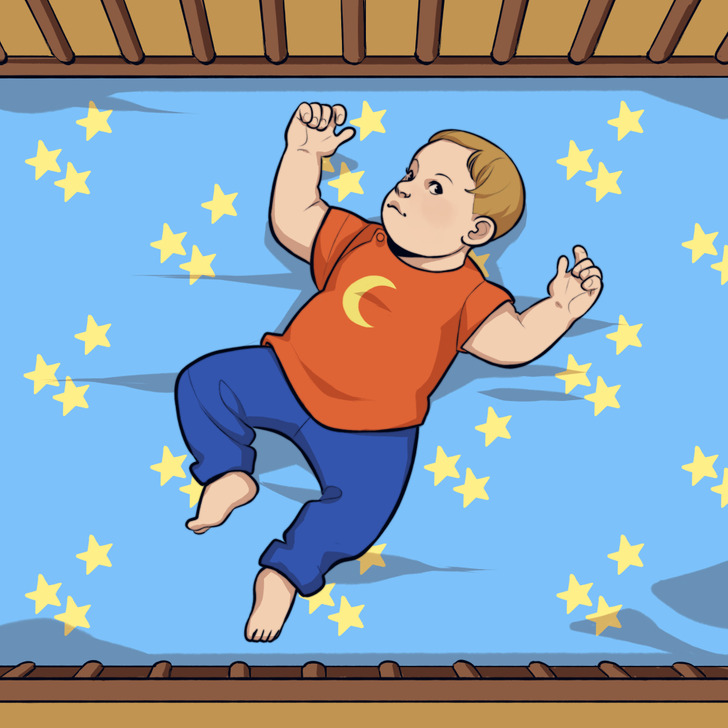
Looking after newborn babies is a lot of work, but it’s crucial not to restrain their movements, as this is how they learn to control them. At first, your baby’s arms and legs will move in disconnected ways, but soon enough, you will see them make progress.
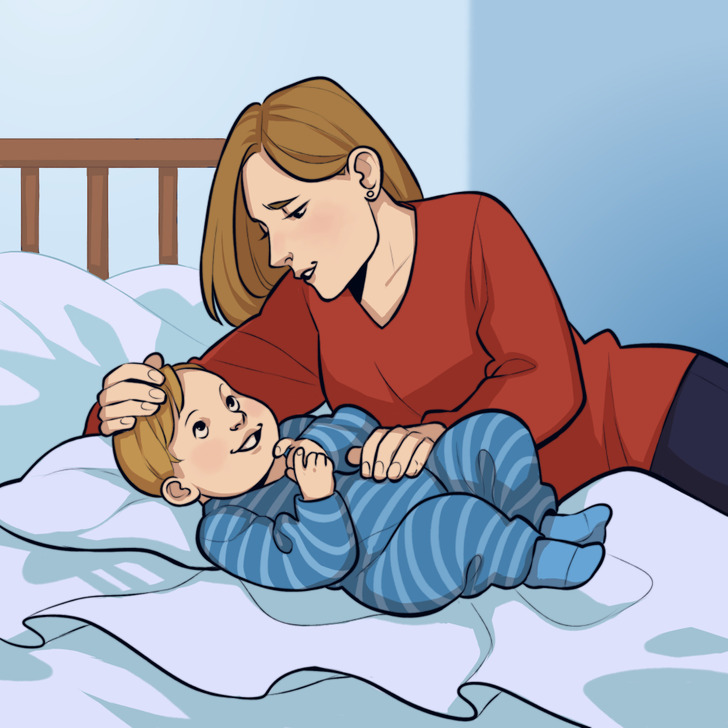
Teaching a child how to react to things is important, so don’t forget to smile back at your kid when you see them smiling so they understand that it’s a positive interaction. While talking to your kid in baby talk, you should change the sound of your voice, making it quicker or slower, or higher or lower, to get the kid used to different reactions and speech patterns.
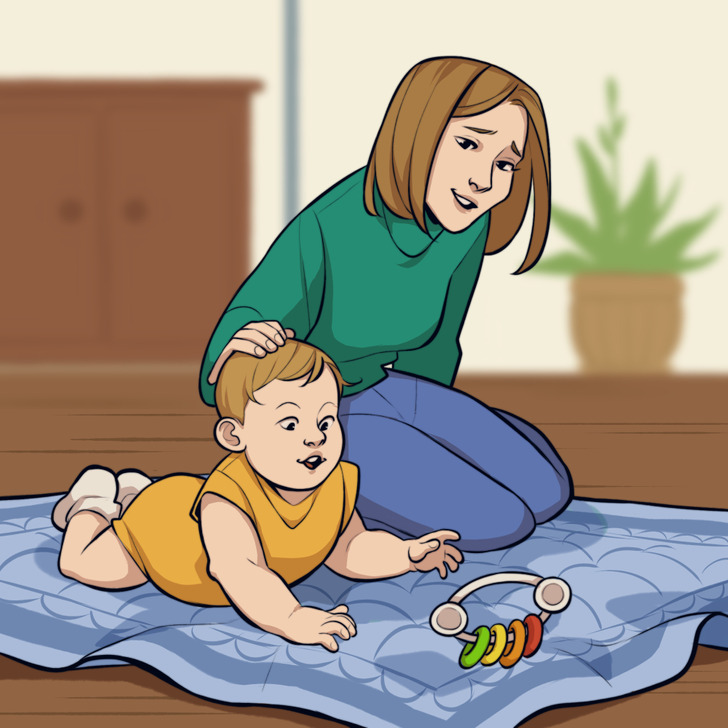
When the baby is 1 to 6 months old, you can encourage them to reach for things like plastic cups on their own. Moreover, you can hold an object in front of your child’s eyes by slowly moving it from side to side and up and down so the baby follows it with their eyes. By the third month of a child’s life, their range of vision expands, so it’s a good thing to do.
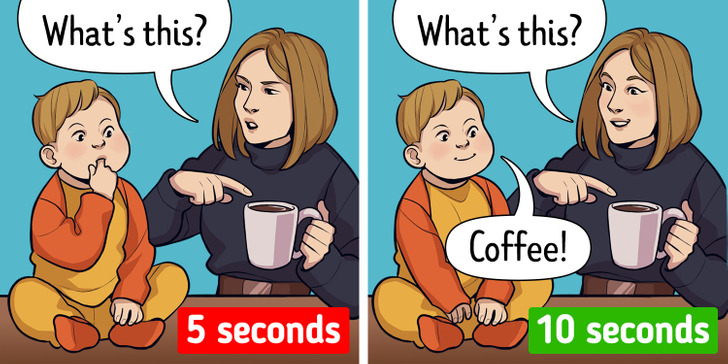
At 6 to 9 months old, you start communicating with your baby by asking them simple questions. But don’t expect the answer straight away: count to 10 in your head, and give them time to think. If no answer comes, then answer the question yourself so they can remember.
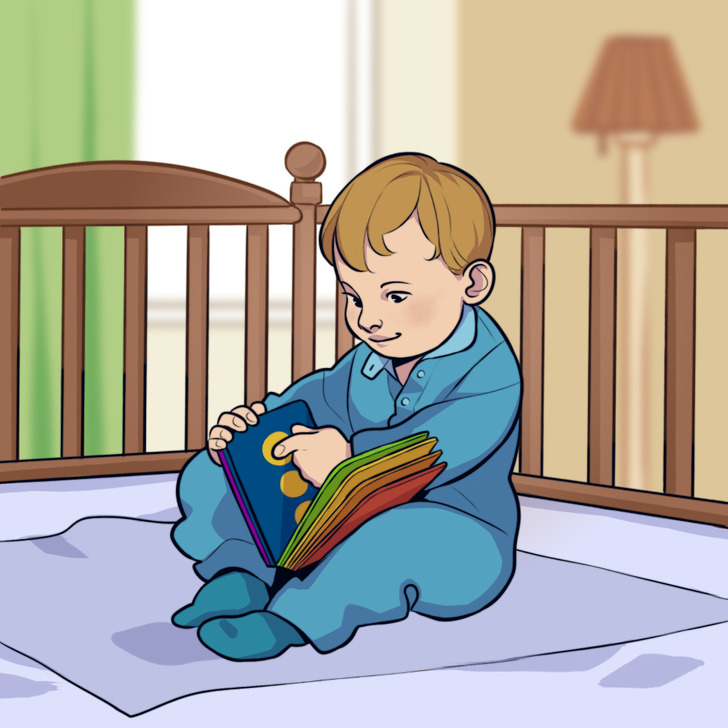
At this age, your child starts to develop curiosity about the world around them, so help them learn new things by buying or making simple books or toys with various activities.
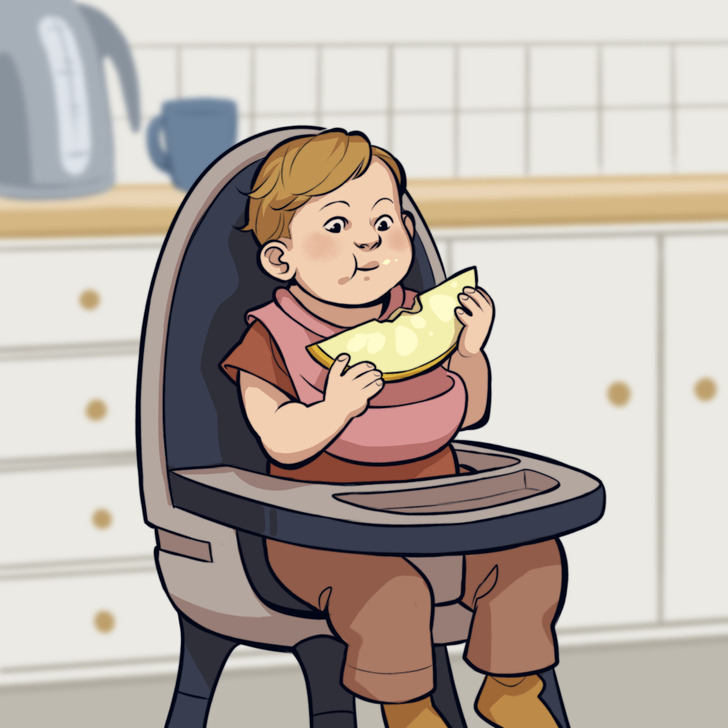
You shouldn’t give honey to your baby until they reach the age of 1 year old, but all other healthy foods are safe to go.
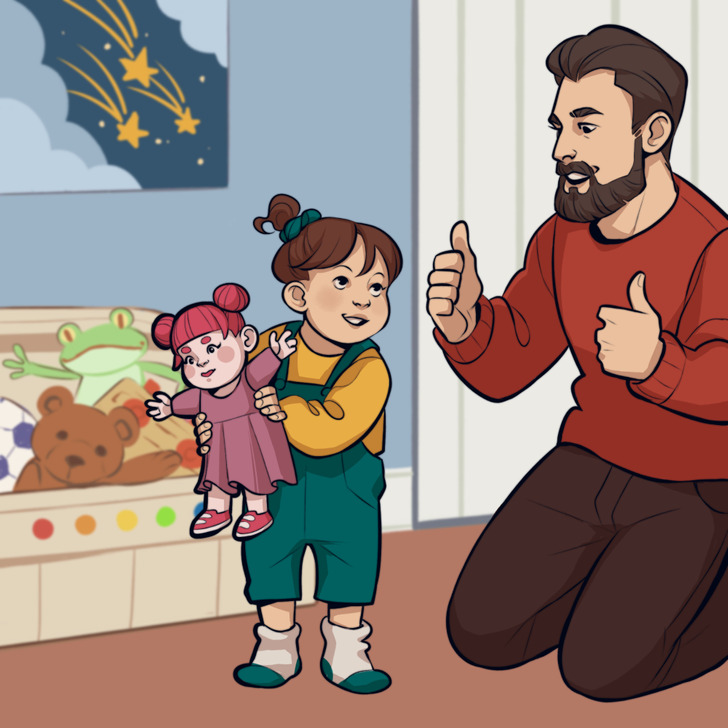
Don’t forget to make as many positive interactions with your child as possible by telling them they did a good job. They should hear positive words way more than negative ones (“bad,” “not good”) in order to have healthy self-esteem and confidence.
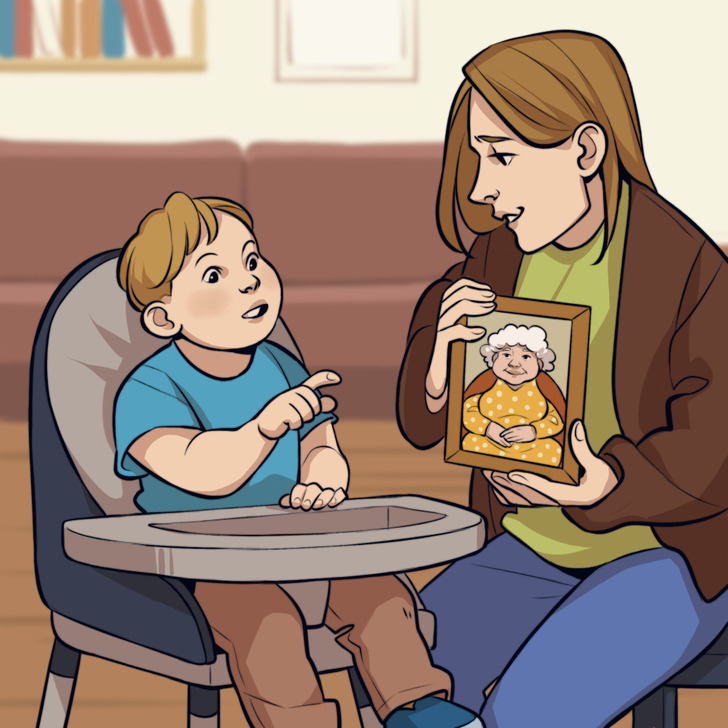
At 9 to 12 months old, your child should show a lot of interest in the things that surround them, so don’t forget to repeat the names of things and people for them so they can remember. Teach your child to wave “bye-bye” so they can learn about the connection between the movement and words.
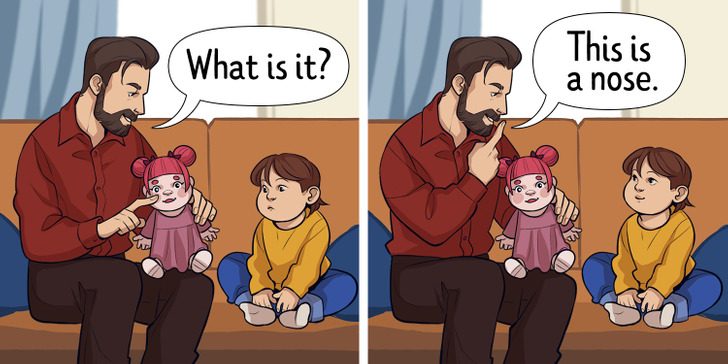
After you’ve pointed out a mouth on the doll’s face, for example, don’t forget to name it for your child so they can remember, then point out the same facial feature on yourself, and then on your child. Slowly, the baby will be able to memorize body parts this way.
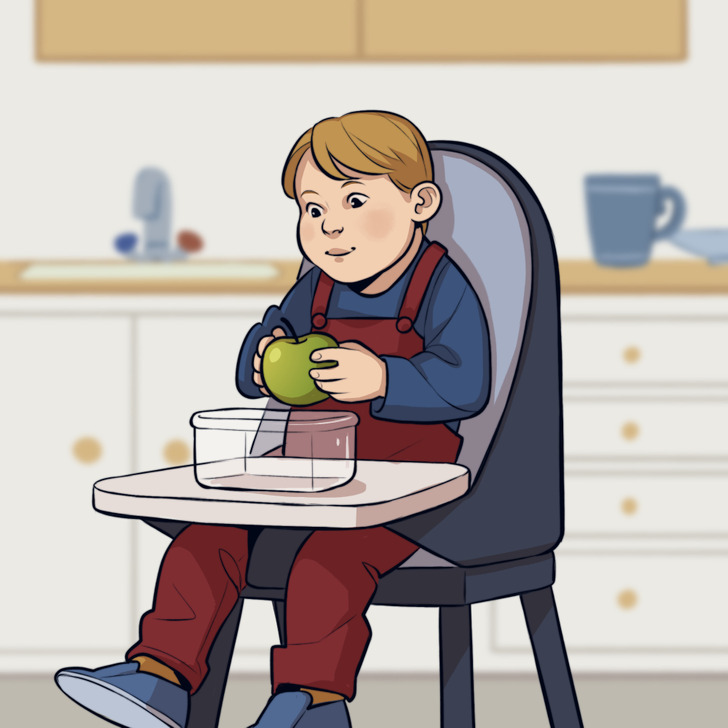
At 1 year old, this is a great time for the development of a child’s eye-hand coordination skills, so make sure you give your child access to safe things to put in and out of a container. The same thing goes for the things that your child can stack up.

Every activity is an opportunity to communicate, including bathing, going for a walk, and more. The more your talk, the easier it will be for your child to understand what you’re saying. Always make sure to respond to your child’s attempts to talk.
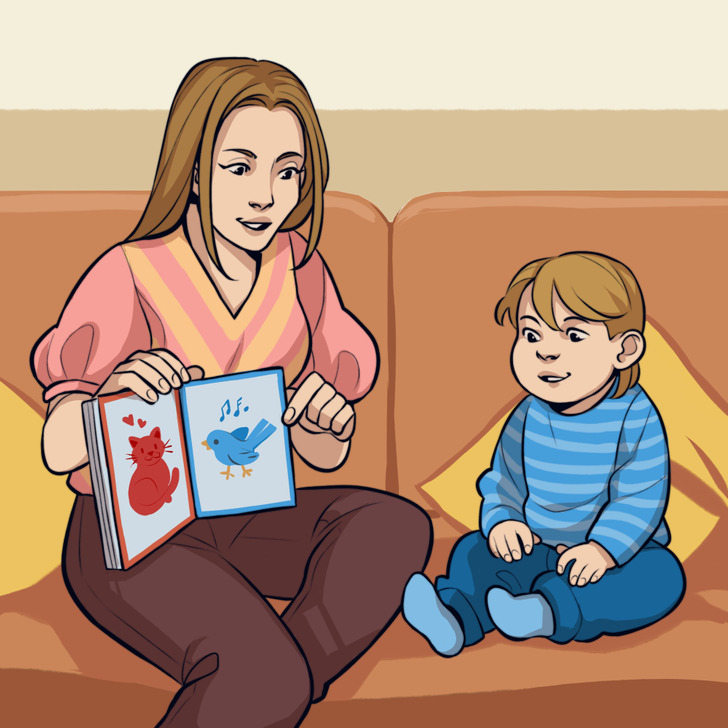
If your child is looking at pictures, ask them a question, like “Where is the bird in the picture?” This way, they can point it out to you. As it was mentioned before, positively reward your child by letting them know they did a good job when they get things right.
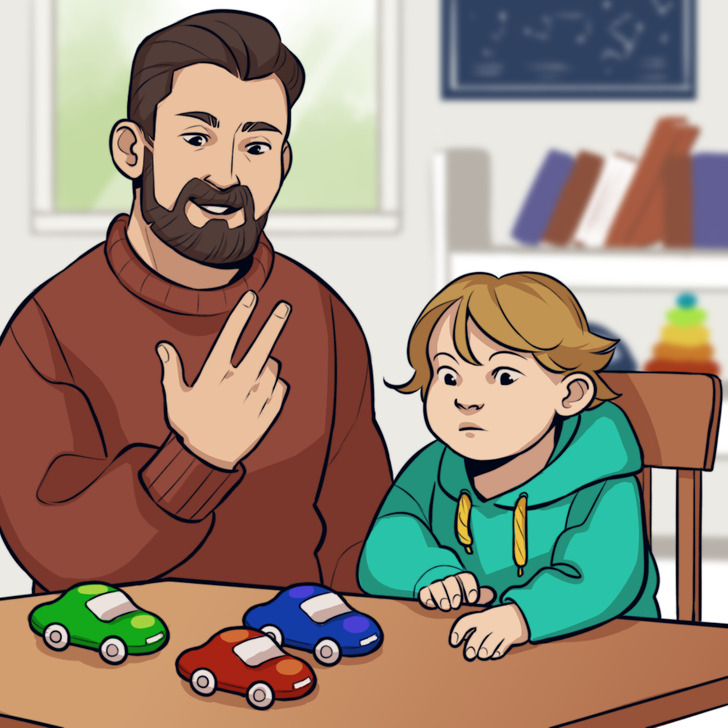
At 2 years old, you can help your child learn more things at home instead of waiting for them to be taught to them at kindergarten or school. For counting, always encourage them to count things together with you and ask them the question, “How many?” often in regards to counting objects.
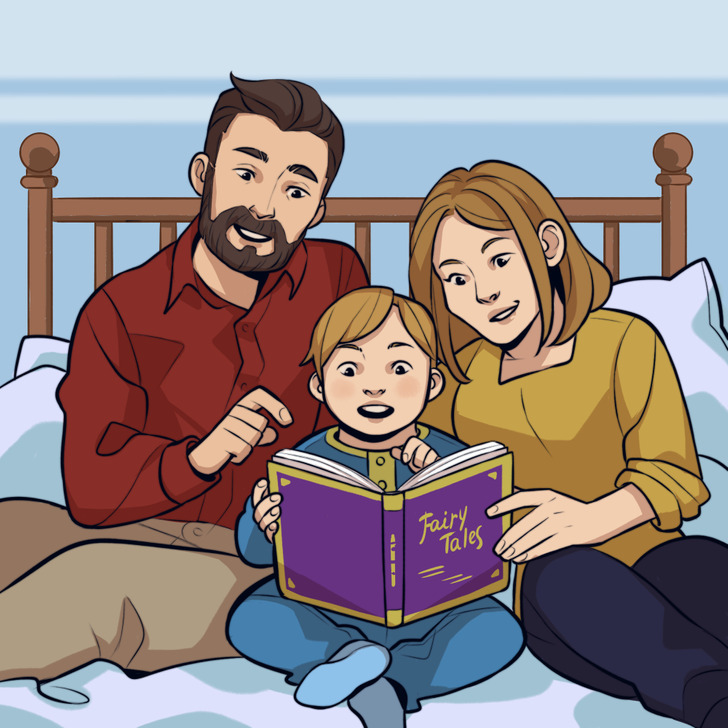
Help your child’s memory develop better by asking them to recall the details of a story you just read. Discuss the story with your kid and make them more curious about the world.
What tips can you give to new parents? What is your favorite activity to do with your kid?






